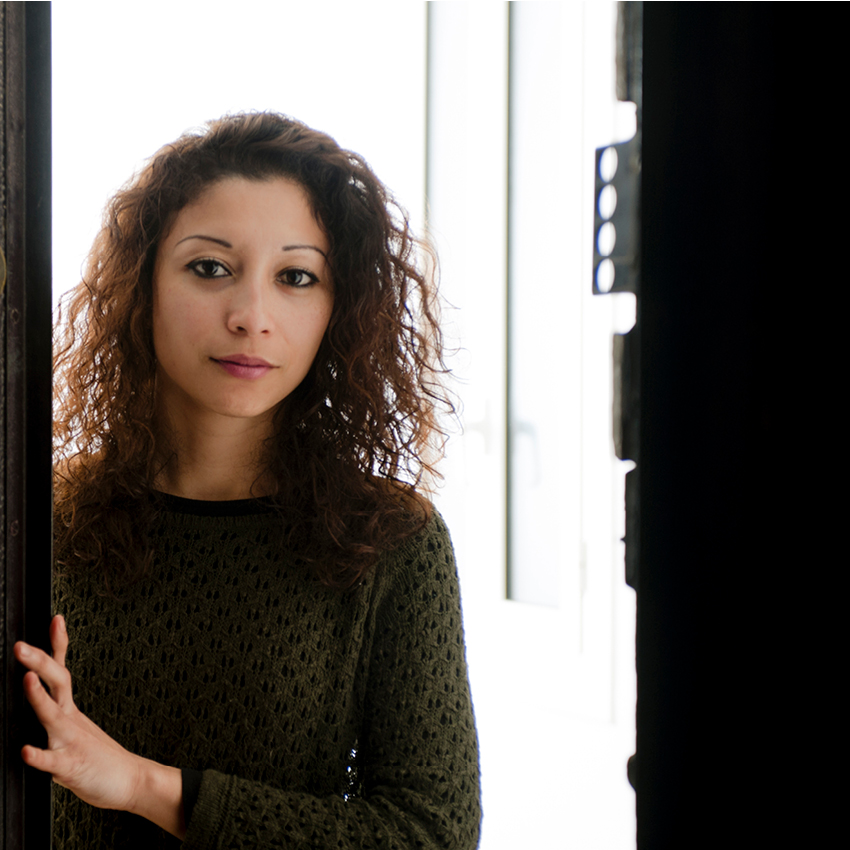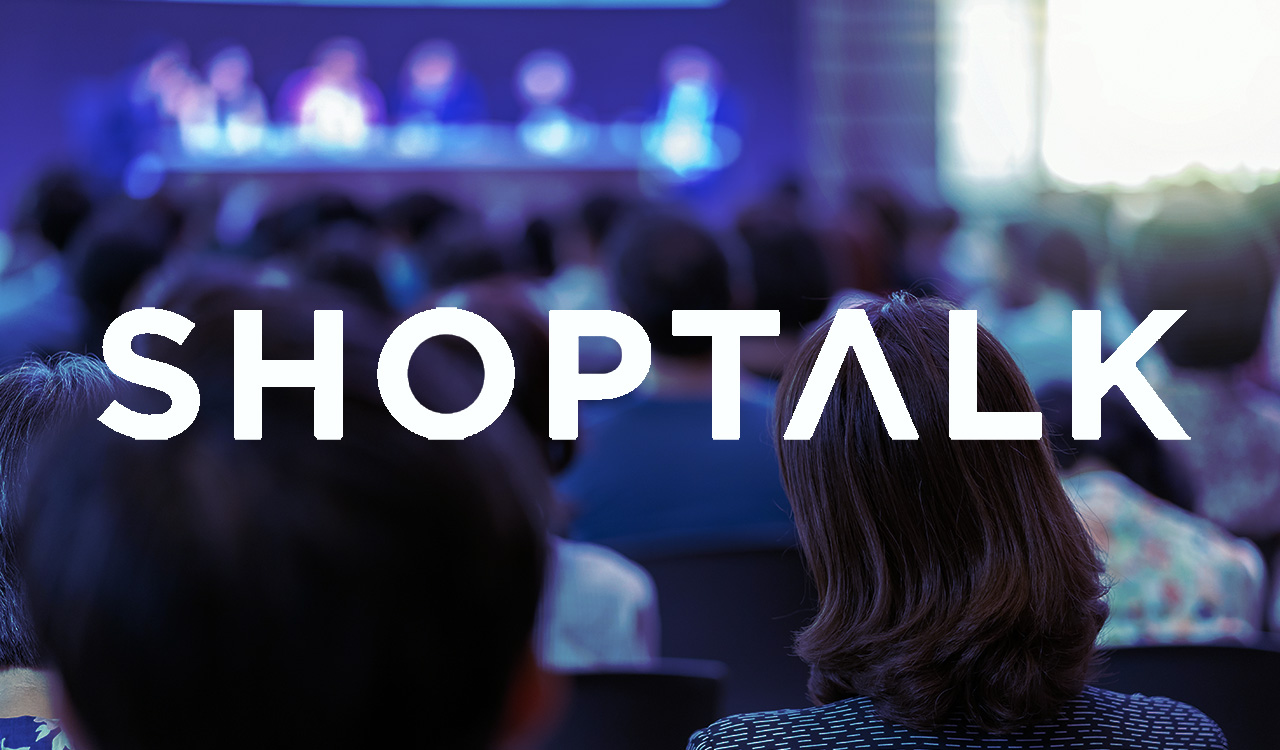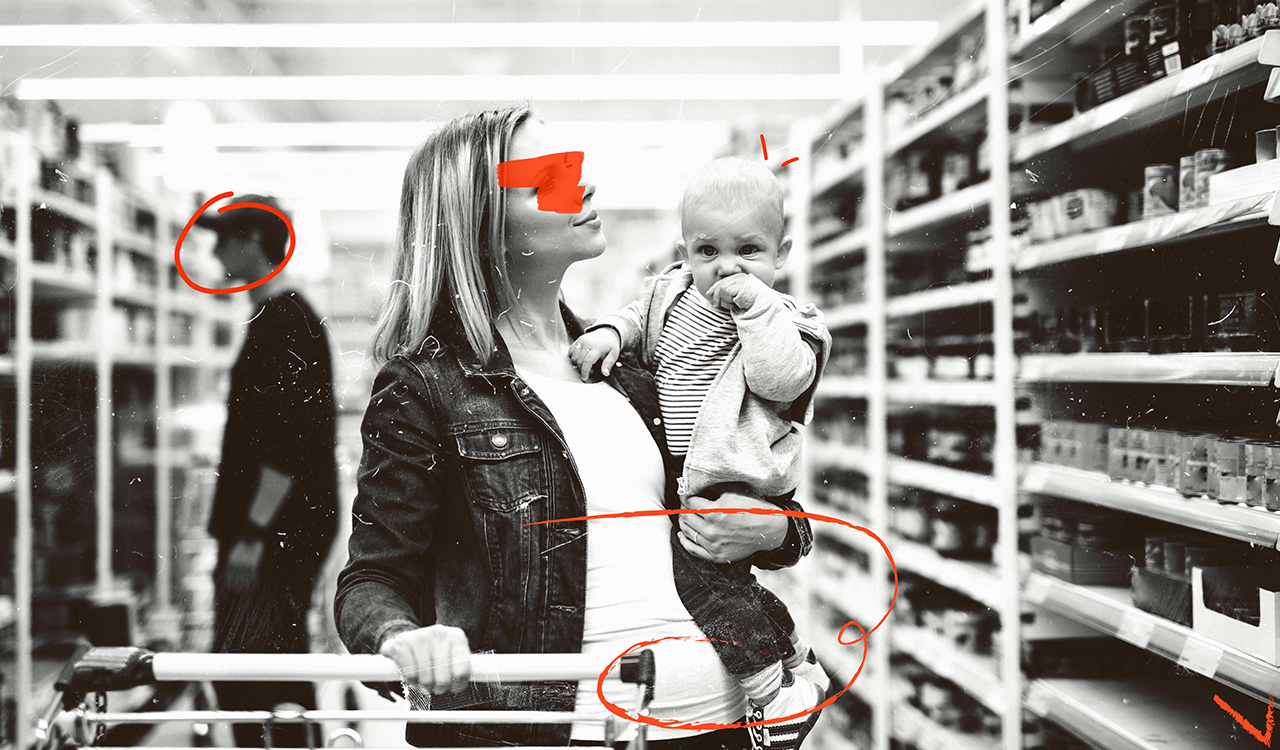In its recent review of A Bit of a Stretch, a prison memoir from filmmaker and ersatz tax fraudster Chris Atkins, The New York Times reports on his observation that sexual pornography isn’t the primary tool of gratification and anticipation of release in the British prison system. Rather, GQ’s brand of capitalist porn is the lusted after publication of prisoners’ choice. “Prisoners drooled endlessly over Orlando Bloom’s watch or David Beckham’s shoes, believing they too could possess these luxuries if they sold enough drugs,” Atkins is quoted by The Times. “Prison is what lies behind the mirror of consumer capitalism, the unseen consequence of telling everyone that they can have whatever they want.”
Misguided Entitlement?
One stares now in the rearview mirror at the looting of bastions of consumerism within major American cities last June, recalling the brazen slash and burn tactics that allow the gutting of Footlocker, Macy’s, Urban Outfitters and Sephora from Herald Square to The Miracle Mile to Rodeo Drive. We cannot help but wonder if we weren’t witnessing something more than random outbursts of humanity’s fury and frustration at blatant racism. Was it a toxic mix of greed and a strange “behind the mirror” vision of a new entitlement? Is this simply the death knell of retail, using the cover of justifiable outrage to take whatever is wanted? Is this speeding us faster than a rolling bitcoin on the way to a post-currency economy? Or is it Covid’s introduction into the brew what augurs a sea change to our very wants and lusts?
The Center Will Not Hold
The images in early summer of looters grabbing and going would not have looked so shocking if we hadn’t just endured 10 weeks of consumerism detox with endless more lockdown on the horizon. Many windows were already boarded up, and it was the barbed wired fencing and attack dogs policing Saks Fifth Avenue that bent the arc of relevancy into the perpendicular downward thrust of demise.
[callout]The lessons of this pandemic are clear, if overwhelming. You can’t go home again. The old home, the old normal, the new normal, the anything resembling normal is gone. We cling to unsustainable concepts at our own risk.[/callout]
Most apparel we deemed essential was already heading our way via Amazon.com. And what is deemed “essential” we most probably already had in the dresser drawer: Zoom-ready tops and leggings no longer reserved for gym performances. A colleague of mine asked me recently, “What will the primary requirement be, once we return to the old normal?” By which I believe she meant, once there’s a vaccine that works. While I don’t believe there will ever be that hoped for old normal, my answer was immediate: Trust.
The Trust Factor
We have grown wary of each other in old and new ways. Whereas once we may have been en garde against imagined incursions by definition of “the other,” we now recognize that the old Pogo cartoon, sexism aside, had it right: “We have met the enemy and he is us.” Even our children may be the suspected fifth column bringing the virus towards us and their grandparents. Slowly, inexorably a light dawns: We wear masks, after all, to protect others from ourselves.
Soothsayers
I have been interviewed recently by various journalists seeking to foretell the future of retail by a close reading of the entrails of today’s carcasses. Can the American Dream Mall be anything more than the nightmare it seems right now? Is it a good idea for malls to turn over their parking lots to create pop-up drive-in movie theatres? Will anyone ever again want to be a tourist anywhere?
Not without trust.
Not the American Dream
No, the American Dream Mall will never be a good idea. It wasn’t pre-Covid and it’s not now and it’s never going to be. In what fantasy world does it make sense to lure people to leave Manhattan by helicopter to traverse the Hudson and land adjacent to a wannabe amusement park/luxury merchandise utopia? Why take a helicopter? That’s a fitting description of getting off the island of Manhattan. Do we imagine there is no greater joy than bringing the kids to water slide with strangers in suburban New Jersey? What is the trust factor in this? What are they thinking? What were they ever thinking? And how will those investors ever recoup? My best guess is selling the space to Disney or Universal or some other entity that knows its way around exciting entertainment venues that also sell merchandise. In order to salvage a supreme mistake, I ask the frightened and underwater investors: “What can we re-engineer here that would repeatedly attract visitors from throughout the tri-state area?”
Drive-In Movies at the Mall
However, the drive-in pop-ups in mall parking lots is a no-brainer. Why? Because it requires no trust whatsoever. Just a longed-for nostalgic cadence of our lives, migrating our couch potato selves en masse from our Netflix viewing vantage points to our cars. In the repurposed parking lot, we can be alone together. But if the promise for mall marketing managers is that once they have them in the parking lot, they can lure them back into the now fortified and yet still frightening spectacle of public shopping, it’s time to face up to reality. As the anchor stores fold, the chains shrink and disappear, fast food court footprints contract and retail workers refuse to rejoin their former ranks. Security personnel, automated public address system warnings and crime scene yellow tape to restrict entry to restrooms and other shared areas are not powerful lures.
The hard truth is there is no trust to be found in any mall.
Venturing Out, Locked In
Anxious to leave home, except via the mobile cocoon of our cars, do we ever imagine traveling again? Boarding a flight? Clearing customs? Being lost in a strange and wonderful city? Do we even imagine a Times Square bustling with strangers and weird costumed characters amidst workers and commuters and sightseers and theatre-goers?
A recent piece in The New York Times showcases the pall over once-thriving midtown in stark terms: A ghost town. By what fantastical leap of logic will we see anything like it was? New York has come back from the precipice many times: The economic woes of the 70s, the AIDS crisis of the 80s and 90s, the financial crisis of the early ‘00s, Hurricane Sandy. Again, and again we’ve come back. Ditto many other major American cities. But what if we don’t need cities anymore? What if vast, dense urban areas which have been built for economic, social, cultural and political reasons are no longer valid? And worse, which spark the fear of nameless contagions yet to come.
So, Where Do We Go From Here?
My prediction: A massive bifurcation.
- For retail, there will be huge mass commodity ordering entities: also known as Amazon … and perhaps Walmart.com and CostCo.com. These will move even more aggressively into food, meals, services, and media. Augmented by small, bespoke curators who amass collections that speak to us, across brands. Neighborhood-centric. Purpose-driven. Charmingly delivered. Small. Known. Trusted.
- For travel, a reorganization of how and where we might want to move ourselves when we’re ready, the world is ready and really ready to end our cabin fever. Decades ago, the head of United Airlines wanted to build a trusted brand for all phases of travel, buying up Hertz and several hotel chains to compete for every dollar. Something like this may emerge in a newer fresher form, involving a trusted door-to-hotel room-to-door service that reduces the angst and agita and returns a bit of the joy of planning a Parisian get-away.
- Then, too, the world of technology may intervene and provide personal avatars to live a second life. A life safer than the unknowns of the real world. We could have a better command of foreign languages – even ones we never studied. We could travel anywhere in the world safely. We could live in a virtual reality with Parisian walks, Egyptian evenings, tropical sunsets — immersions with holograms which make for an altogether better, more memorable and less fraught experience – all conducted from our sofas.
It’s possible that the pandemic kickstarted the most pervasive changes in our lives, propelling lifestyle changes that were in the works, but under the radar.
Wanting Just Enough
And what of that lust after the aspirational things that prisoners feel? That desire to have whatever we want? Well, that is being recalibrated too. What do we really want? To be able to trust. Ourselves first. Then our families. Then each other. Then perhaps we can open the aperture a bit to include brands and shops, and even travel.
The lessons of this pandemic are clear, if overwhelming. You can’t go home again. The old home, the old normal, the new normal, the anything resembling normal is gone. We cling to unsustainable concepts at our own risk.




